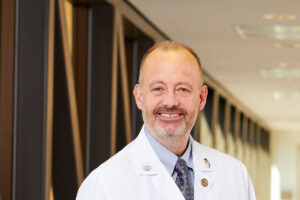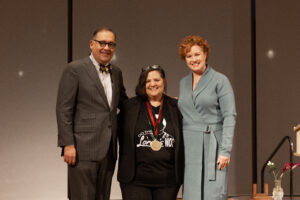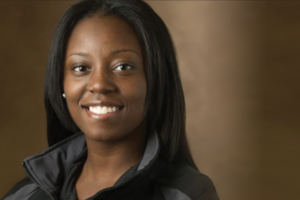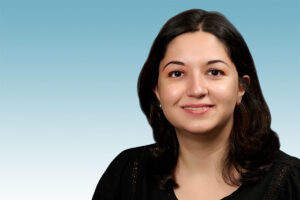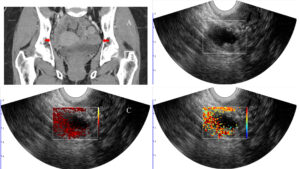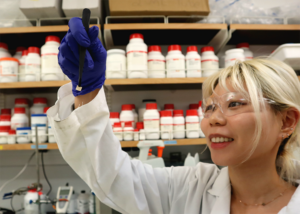WashU will begin to roll out Workday Student, the replacement for most of the university’s student information systems, next fall. To learn what is changing and to preview the system, faculty and staff are encouraged to register for Workday Student “Sneak Peeks,” a monthly webinar series beginning in January.
